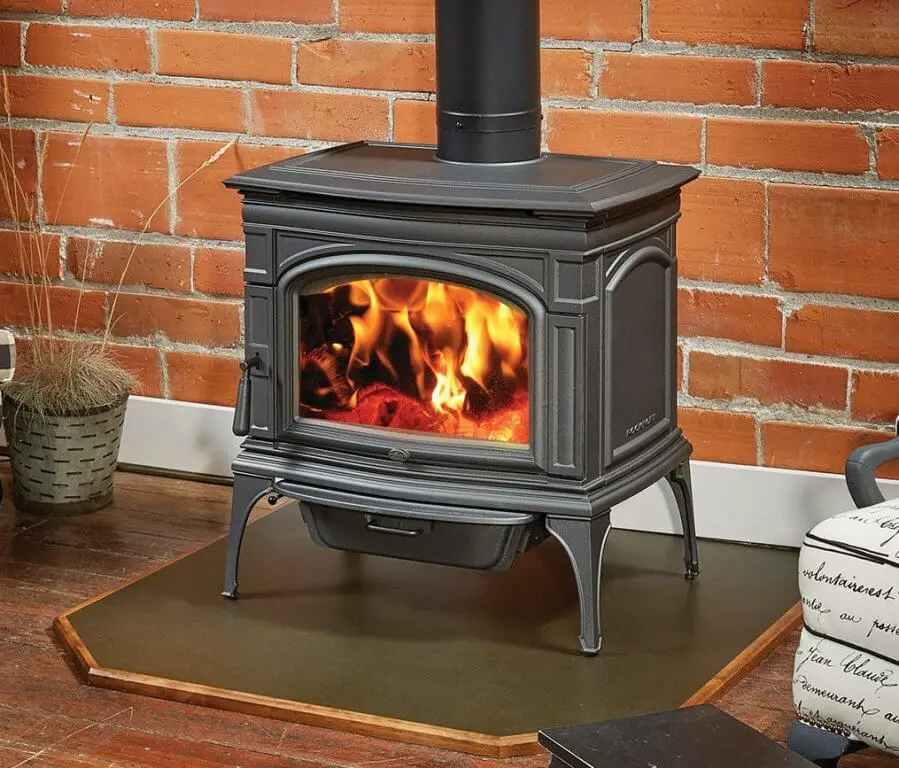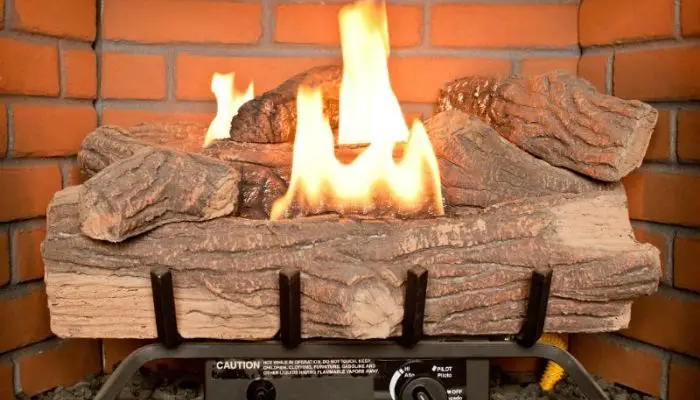Wood-burning fireplaces can help you warm up your house during winter. But how much would it cost you to run them efficiently? The cost will vary depending on the regions you reside in. Plus, there are plenty of options in the market for you to choose from. In this article, we will look at how you can depend on wood-burning fireplaces to save loads of cash.
How Much Does it Cost to Run a Wood Fireplace?
There is nothing as comfortable as sitting in front of a cozy wood-burning fireplace. However, you have to get the running cost right in your head. You may end up running wood costs in smoke.
An exact average cost for wood-burning fireplaces does not exist. The cost will depend on different factors like the type of wood and the length of the cold season.
If you are receiving free wood the cost will be $0 of course. Those who live in areas with expensive wood, expect to use over $3,000 on wood. An EPA-certified wood fireplace would consume 3 to 6 full cords of wood in a single season.
Factors to Consider When Determining the Amount of Wood You Need
The costs of running a wood-burning fireplace will vary depending on many other factors. Here are some important considerations that will help you determine the amount of wood you need in a single season.
- The Type Of Fireplace
A wood stove has proven to be more efficient than the traditional wood-burning fireplaces. Is the stove EPA-certified? If it is not, be prepared to spend more on buying cords of wood. Also, check whether the wood stove is catalytic or non-catalytic.
- The Size of Your House
Will you be heating the entire house? You will spend more money if you plan on heating the whole house instead of only one room. This will also affect the unit size of the fireplace. It is one of the biggest factors when setting up a wood-burning fireplace.
- Type of Wood
Different types of wood have different heat outputs. Some types of wood will burn faster than other types of wood. Hardwoods will typically burn slower and produce more heat than softwoods. However, hardwoods are much more expensive.
- Environmental Factors
Which area do you live in? Is it a high-altitude area or a low-altitude area? Windy and cold areas require more heating. You will have to spend a little bit more to keep you and your family warm.
Electric Vs Gas Vs Wood-Burning Fireplace Cost
The hustle of cleaning chimneys annually has deranged many homeowners. You then have to add on the expense of buying wood fuel. These are some of the reasons homeowners are opting for an electric or gas fireplace. Depending on how you set your fireplace and other factors, such fireplaces can lower your fuel bills.
Electric Fireplaces
Electric fireplaces’ popularity has grown over the years because of their efficiency. They are also available in different styles and are easy to install. The common models of electric fireplaces draw up to 1500 watts. This can comfortably heat a 500 square foot room.
There are larger models for heating larger spaces. Most homeowners are comfortable with 1500 watts one because they are used for zone heating.
How much exactly will it cost you to run an electric fireplace?
The national average cost of electricity is 12 cents per Kilowatt per Hour. It will therefore cost you 18 cents per hour to run a 1500 watt electric fireplace. This is when all the settings are maximum.
If you lower the settings, you will use less cash to heat your house.
Gas Fireplaces
Estimating the running cost of a gas fireplace is a bit trickier. First, there are several categories of gas fireplaces to choose from. Log set types use around 80, 000 BTUs and are not efficient in heating. This is because the heat goes right up through the chimney. The other gas output fireplaces are more efficient.
It is easy to calculate the cost if you know the BTUs of your fireplace. Let us take an example of a 30,000 BTU natural gas fireplace. The gas rate is $1.2 per 100,000 BTU (therm). This means you will spend 36 cents per hour to run such a fireplace. Propane gas is much more expensive.
Conclusion: Do Wood-Burning Fireplaces Save Money?
Wood-burning fireplaces will save you a lot of money where the other fuels are much more expensive. This depends on which part of the world you live in. Electric and gas fireplaces cost more because of the appliances and fuels. In terms of efficiency, they are way ahead of wood-burning fireplaces. Remember to take into consideration the other factors that affect the wood-burning fireplaces.


